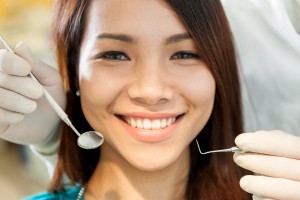
Are you in need of dental work but find yourself hesitating to make an appointment because of anxiety? If so, you are not alone. Crucially, sedation dentistry may be the solution to all of your concerns. And if you’ve been searching for “a sedation dentist near me,” Dr. Bryan Weyneth at Sherman Oaks Family Dental is here to help.
What Is Sedation Dentistry?
As the name suggests, sedation dentistry refers to the sedation options available to you so you can receive the dental treatment you need. Sedation will lay your anxieties to rest, allowing you to relax and be comfortable during your visit.
While it is primarily designed with significant dental treatments in mind, individuals with severe anxiety can opt to use it for simple cleaning and scaling procedures.
If you are in need of dental treatment and feel any level of apprehension, you are a worthy candidate for sedation dentistry.
What Level Of Sedation May Be Used?
No two patients are the same, and the type and level of medication used during the process will be tailored around your individual circumstances. Sedation usually falls under one of three categories, which are;
- Minimal sedation – this is where you remain fully awake but relaxed so that anxiety doesn’t take over.
- Conscious sedation – also known as moderate sedation, you may slur your speech and probably won’t remember the treatment.
- Deep sedation – you are conscious and can be awakened when needed, but won’t notice much about the treatment.
In some cases, it may also be possible to be put under a general anesthetic, which will leave you unconscious.
How Will You Be Sedated?
As well as the different levels of sedation, there are several methods that may be used depending on your situation as well as the type of treatment being used. The most common forms of sedation that may be used are;
- Laughing gas – a nitrous oxide gas that is inhaled through the nose via a mask. Dr. Weyneth can control the dosage levels at all times.
- Oral sedation – used for minimal to moderate sedation, you will be given a pill roughly an hour before the procedure.
- IV sedation – used for moderate sedation, the drip is administered through a vein so that it can get to work quickly.
- Deep sedation – this is a general anesthetic that will put you in an unconscious state until Dr. Weyneth slowly awakens you.
All of the sedation types are safe, and usually combined with a local anesthetic to numb the area in which you are being treated.
Schedule An Appointment Today!
If you’re considering the prospect of sedation dental treatment, learn more about the different treatments and what to expect from your visit by scheduling an appointment today. Remember, you don’t have to go without dental care because of anxiety. We will do all we can to make you feel comfortable and safe at our Naperville family dental practice.


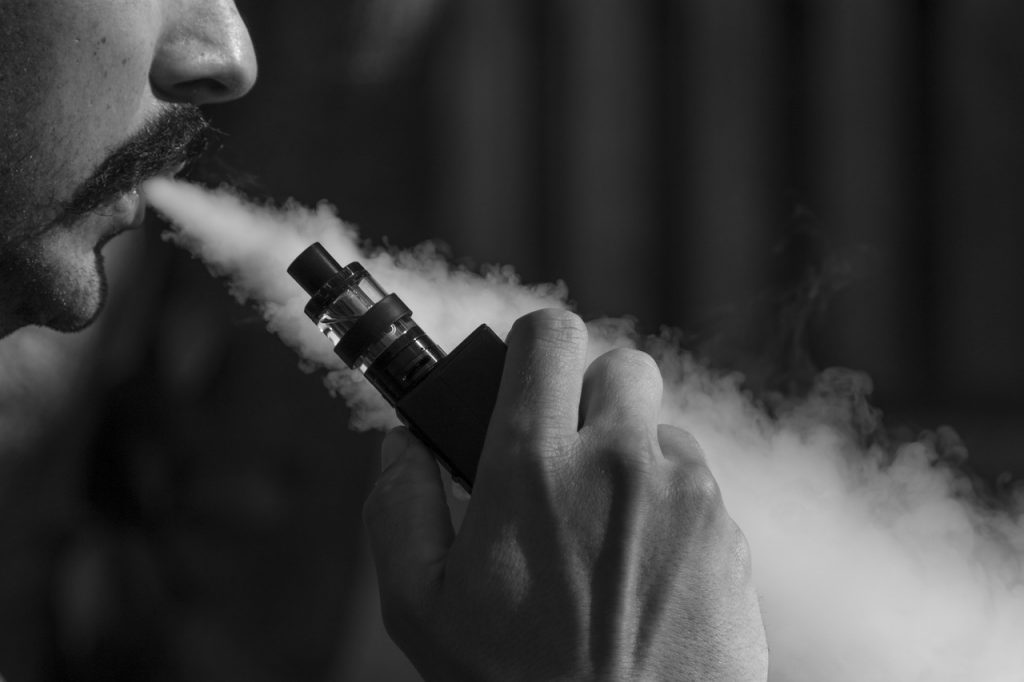
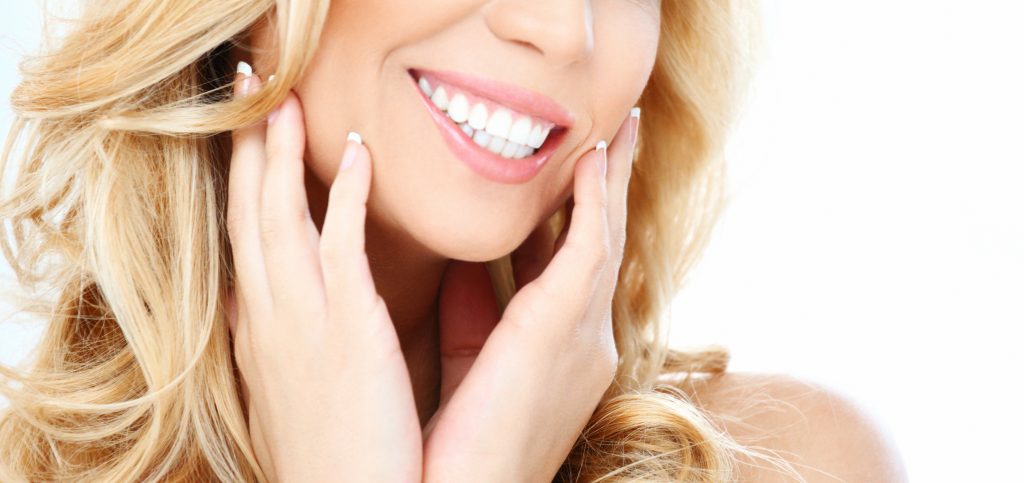




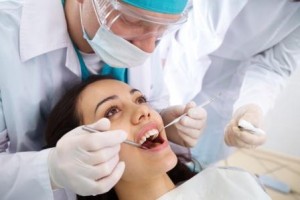
 We don’t know about you, but, for us, one of our favorite parts of the year is here. The holiday season from November to the New Year is full of festivities and fun. There is also no shortage of food to be found during this time of year. Because there is so much food to go around, especially during Thanksgiving, it is important to think about ways to make good choices that will have positive impacts on your dental and overall health.
We don’t know about you, but, for us, one of our favorite parts of the year is here. The holiday season from November to the New Year is full of festivities and fun. There is also no shortage of food to be found during this time of year. Because there is so much food to go around, especially during Thanksgiving, it is important to think about ways to make good choices that will have positive impacts on your dental and overall health.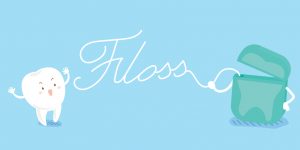


 Everyone knows that you should brush your teeth twice a day and focus on flossing. Did you know that an important piece of the oral hygiene equation involves your tongue? With its bumpy texture and lots of microscopic places for bacteria to take shelter, it can harbor millions of microorganisms. If it isn’t cleaned, it can pave the way for problems like bad breath and ongoing periodontal disease. Some of the
Everyone knows that you should brush your teeth twice a day and focus on flossing. Did you know that an important piece of the oral hygiene equation involves your tongue? With its bumpy texture and lots of microscopic places for bacteria to take shelter, it can harbor millions of microorganisms. If it isn’t cleaned, it can pave the way for problems like bad breath and ongoing periodontal disease. Some of the 







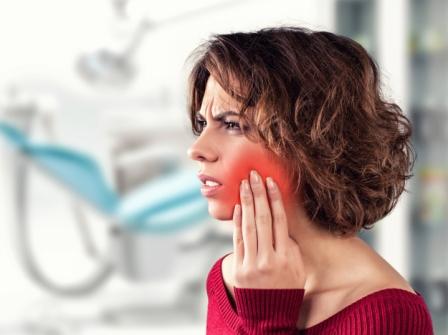
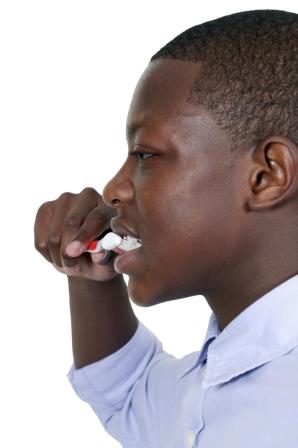



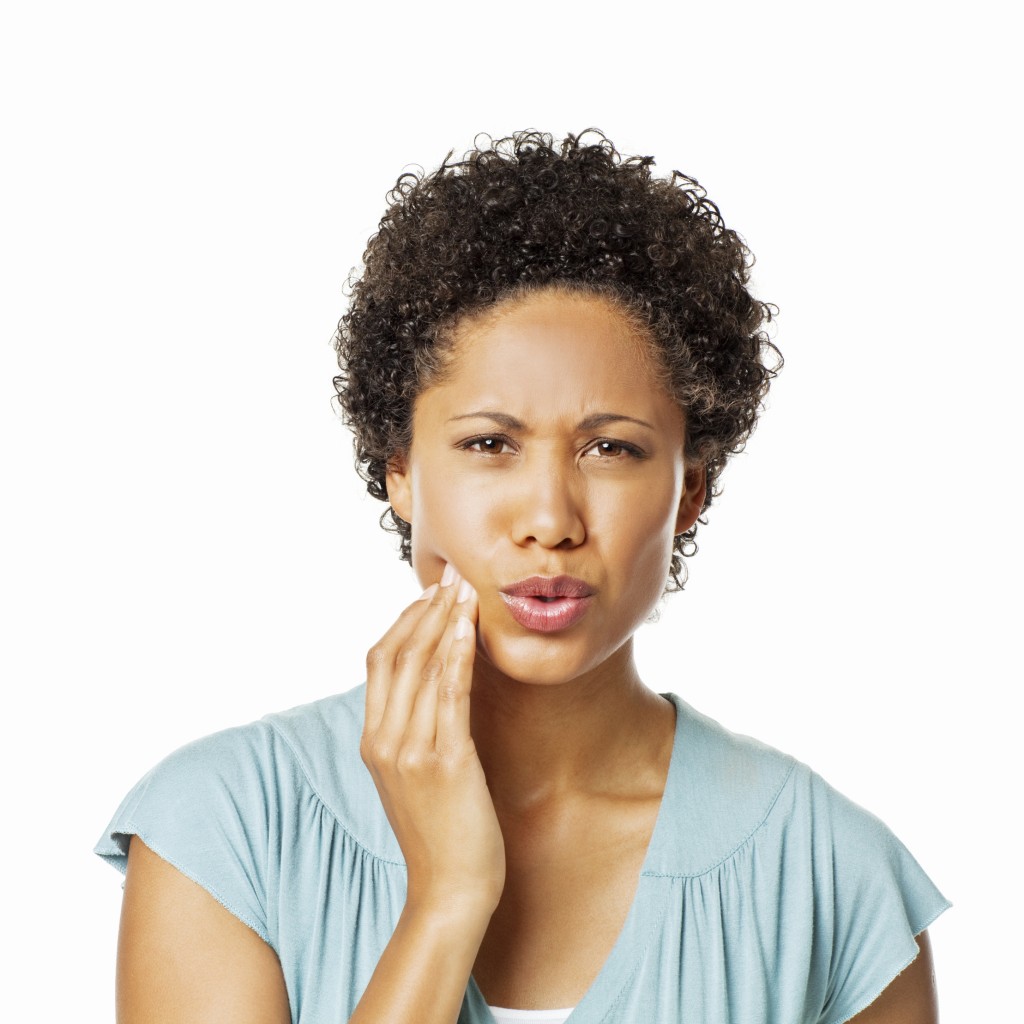
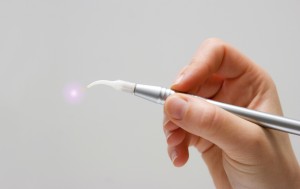

 Apple Cider Vinegar is an all-natural ingredient. It can help with many health problems and improve total body health.
Apple Cider Vinegar is an all-natural ingredient. It can help with many health problems and improve total body health.





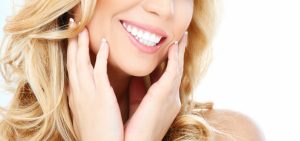 only way to release the bacteria film is with mouthwash. We recommend alcohol free mouthwash. Alcohol in mouthwash dries out the mouth allowing bacteria to multiply. Great alcohol free mouthwashes are Crest Pro-Health and Breath Rx. Ask your hygienist or assistant today for a mouthwash recommendation or give us a call – 630-473-3843.
only way to release the bacteria film is with mouthwash. We recommend alcohol free mouthwash. Alcohol in mouthwash dries out the mouth allowing bacteria to multiply. Great alcohol free mouthwashes are Crest Pro-Health and Breath Rx. Ask your hygienist or assistant today for a mouthwash recommendation or give us a call – 630-473-3843.



